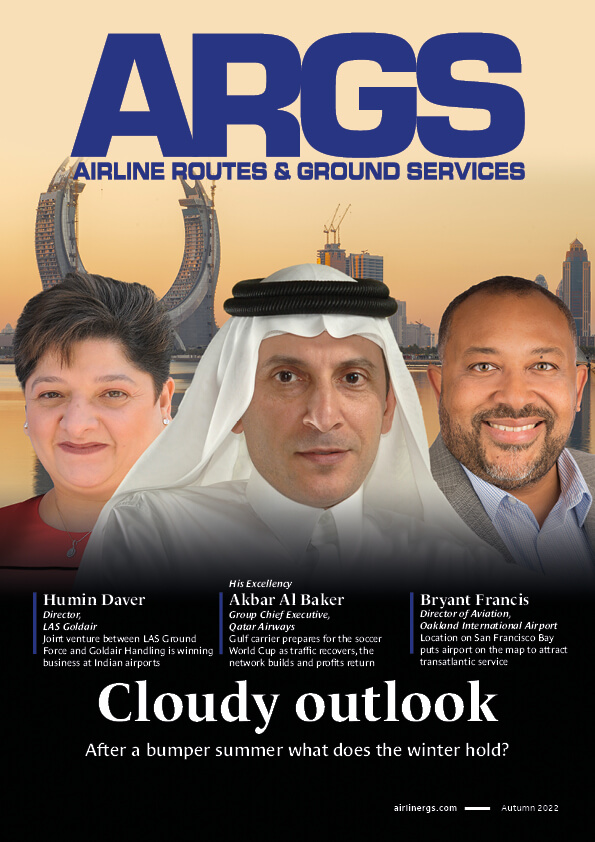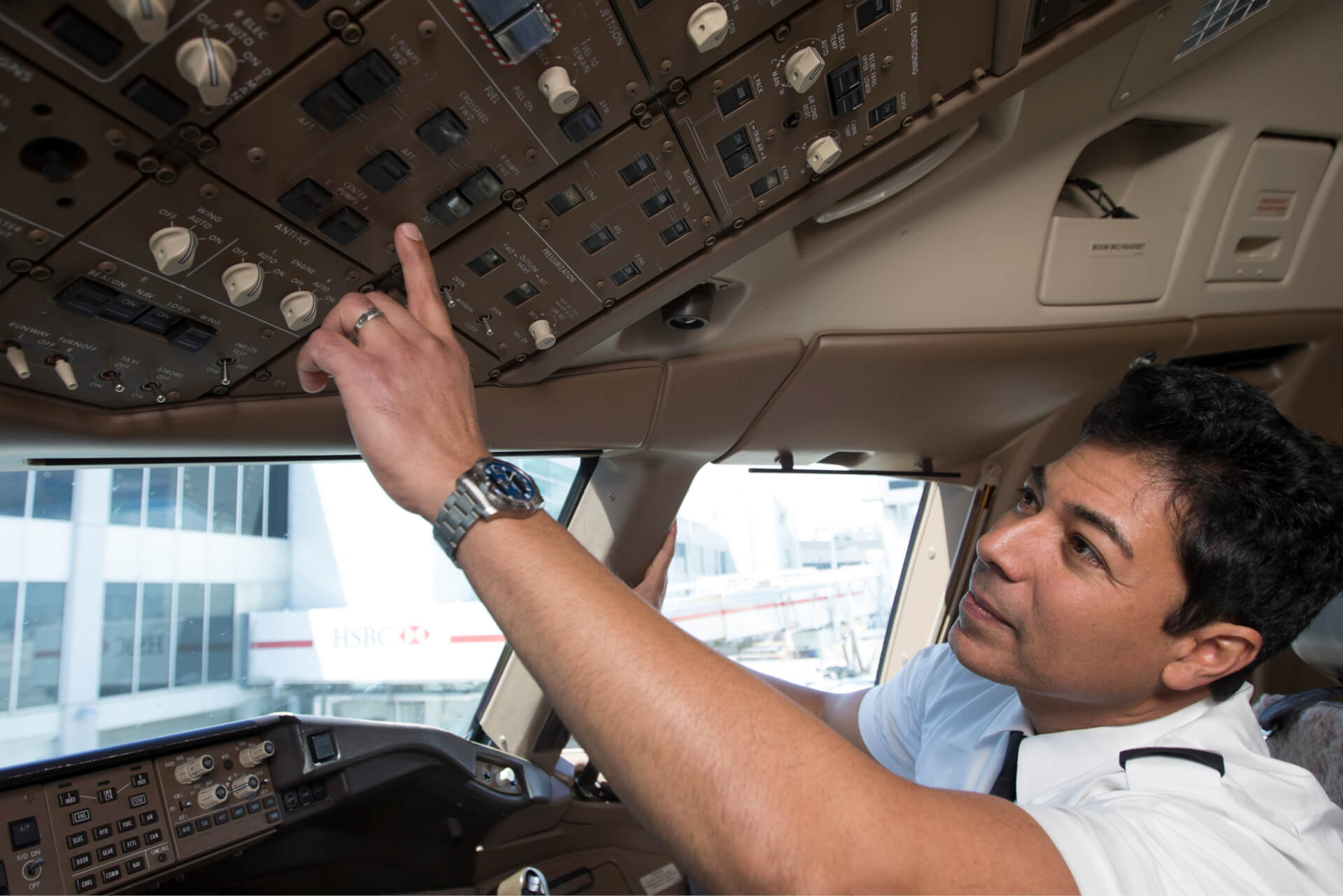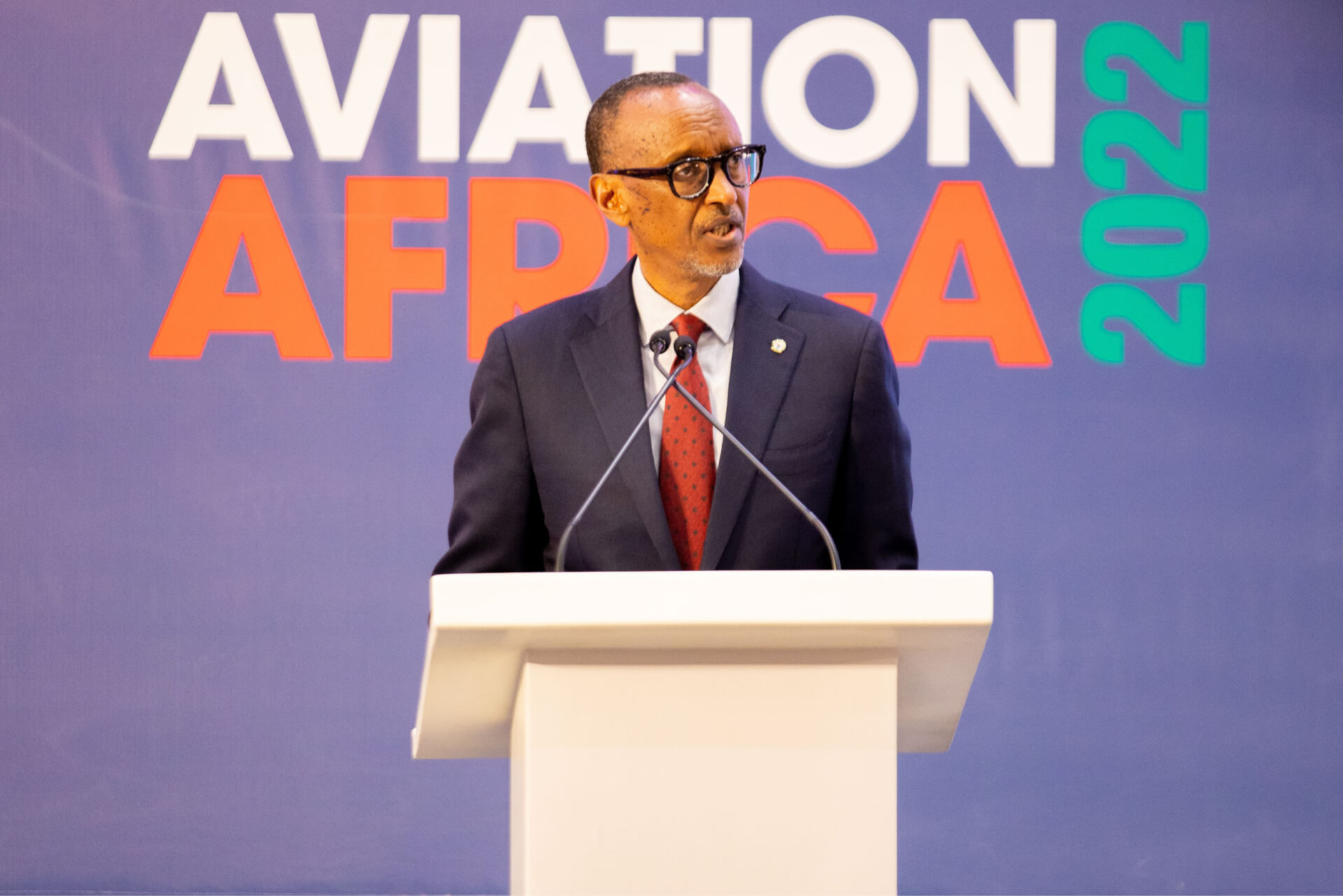British Prime Minister Sir Winston Churchill is credited with first saying, “Never let a good crisis go to waste.” It is believed he was referring to the post-WWII political environment in the lead-up to the formation of the United Nations.
This phrase, which has become something of a business cliché, is being overworked as businesses emerge from the pandemic gloom of the past few years. Some will truly restructure and pursue radically different strategies. Others will roll out a trusted method and stay their previous course. No one answer fits all, of course.
Where is crisis-induced change likely, possible or even good? The most obvious answer is aviation’s sustainability drive and the target to achieve net zero carbon emissions by 2050. Everyone is on that mission as they should be.
The focus for airlines , though, is on network restoration. There are few revolutions in the quest to fill airplanes again. It will take new sustainable aviation fuels and new propulsion technologies for change to take hold. Engineering boffins are on the case.
Airports are not much different but they have less room for manoeuvre. Their business model is more rigid, and many are saddled with new debt to pay off. Most have frozen or cancelled development plans and new capacity can wait, for now.
There is a desire for reinvention though. The reform of airport charges is a key area as Luis Felipe de Oliveira, director general of ACI World, explained to delegates at the joint Airline Ground Services Summit and Airport Services Association Leadership Forum held in Athens during September..
For de Oliveira, the current regulatory framework is too rigid and needs to be replaced with a more commercial approach that includes risk sharing between airports and airlines. “We need to rethink airport charges,” he said. “In good times the charges go down, in bad times charges go up.” This is counter-productive, he argues.
Money will also be a topic of conversation at the upcoming Routes World event in Las Vegas, but Airlines will expect airports and tourism bodies armed with talk of incentives and marketing support on offer rather than charges reform.
After a hell of a summer, marked by resurgent passenger numbers on the one hand, and horrific operational disruption for many on the other, delegates in Athens wondered what the winter months will bring and about the prospects for 2023. Keynote speaker, Mehmet Nane, chairman of Turkey’s Pegasus Airlines, is pessimistic because the pent-up demand seen in 2022 will have dissipated by next year. “I have serious doubts about 2023 being a year of continuing recovery. The footsteps of recession are coming, starting in China.”
For the ground services industry, the gathering in Athens highlighted an industry struggling to deliver a quality service, let alone make money. Most players have been in crisis mode all year and business will remain acutely difficult for months to come. Experienced staff have left the industry in droves, and nobody knows how to replace them.
The last word goes to Aviapartner managing director Richard Prince, speaking at the CEO panel in Athens: “We need to restore a level of pride and respect to our industry. This means turning a transaction at an airport today into a service. If we don’t, lowcost wins and we become a transaction industry. We’ve got to bring back that sense of service.”





















